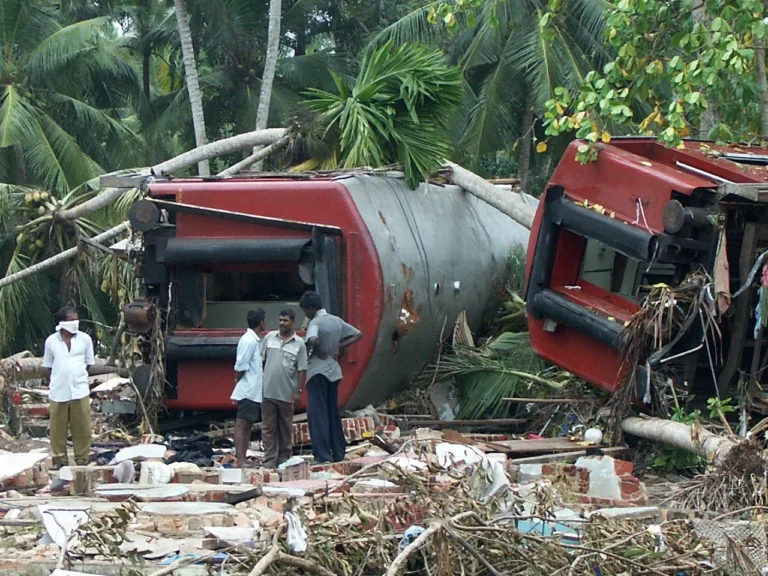Tipping in Sri Lanka, What You Need to Know..

Disclaimer: Tipping is a personal choice and not an obligation. This guide is intended to provide context about Sri Lankan culture and the financial realities faced by service providers to help you make an informed decision. Please note that this guide specifically addresses long-distance or multi-day freelance local drivers and does not cover short-range tuk-tuk rides, taxi service or big multinational tour agencies.
It’s true that in many countries, tipping isn’t part of the culture, so tourists might feel confused or even annoyed when they encounter it elsewhere. However, there are some nuances to keep in mind when it comes to tipping in Sri Lanka. Tipping here isn’t mandatory, but it is highly appreciated, especially in the tourism and hospitality sectors. For locals, tipping is a gesture of gratitude for good service, even though we often bargain with service providers. Let’s explore how these fit into the larger context of Sri Lankan culture and the financial realities faced by service providers.
The Culture of Tipping and Bargaining
In Sri Lanka, tipping is seen as a kind way to show appreciation for excellent service. We locals also tip drivers and service staff, often because bargaining is such a common part of transactions here. Travelers frequently negotiate rates with drivers, which can sometimes bring the price below to find a driver for your journey through Sri Lanka. If you know the industry’s standard charges and use resources like Facebook groups, you can avoid overpaying, a risk that exists in any tourist destination worldwide. However, many local drivers are willing to accept lower rates way below the quotations of the well-established big tour companies and agencies and are well aware of their prices, simply to secure a job for the day. This is an important factor to consider when deciding whether to leave a tip.
Financial Realities for Driver
Many drivers in Sri Lanka don’t own their vehicles. Due to heavy import taxes and vehicles import ban since like 2019 because of the recent economic collapse/crisis, vehicles are incredibly expensive here. For example, a 10-year-old Toyota Prius can cost around 10 million LKR (approximately $35,000), while the average Sri Lankan earns just about $3,000 a year. Because of these high costs, most drivers either rent vehicles or work for travel companies. Their daily earnings typically range from 2,000–4,000 LKR ($6–$12 may subject to change), depending on the company and the vehicle type. While these wages may seem modest, their responsibilities go far beyond just driving. Many drivers help with luggage, act as guides, share valuable local insights, and ensure their passengers’ comfort throughout the trip.
How Much Should You Tip?
For longer trips, such as a 14-day tour with the same driver, tipping 5–10% of the total service cost is considered generous and is a common practice depending on your satisfaction with the service. The phrase to remember here, I repeat, “depending on your satisfaction with the service.” If your driver has gone above and beyond, for instance, by arranging special experiences, providing exceptional guidance, or being particularly helpful, a tip is a thoughtful way to express your gratitude.
Practical Tips for Tipping
When tipping, ensure the amount is handed directly to the driver, preferably in cash. A kind word or verbal expression of gratitude alongside the tip can make the gesture even more meaningful. If you’re unable to tip and on a tight budget, don’t worry, writing positive feedback, recommending their services to others, or even leaving a kind comment/recommendation in tourism groups like TripAdvisor can be just as valuable.
Addressing Common Concerns About Tipping
Came across comments in groups that expressed frustration about tipping, questioning why it’s necessary and comparing it to salaried jobs in other countries. Some mentioned, “You don’t need to tip. Why would you do that? They already charged you above the local level. Do you get tips in your home country when doing your salaried job? No, you don’t. Can you imagine getting a full month’s salary as a tip?” While these are fair questions, they overlook some key nuances of the Sri Lankan context. Most drivers here are not salaried employees with benefits or job security. They often earn modest wages and rely on seasonal tourism for a significant part of their income. Unlike salaried jobs, their earnings can fluctuate depending on demand, fuel prices, and the number of bookings they secure. Additionally, the high costs of operating a vehicle in Sri Lanka, due to sky-high prices for vehicles and parts, add extra pressure. When you take these realities into account, tipping becomes less about meeting an expectation and more about showing appreciation for someone who has worked hard to enhance your experience.
Final Thoughts
Tipping in Sri Lanka is ultimately a personal choice. It’s not an obligation or mandatory, but it is a way to express gratitude for exceptional service in a culture where appreciation is deeply valued. If you’ve had a positive experience and can afford to tip, even a small amount can make a meaningful difference. That said, don’t feel pressured to tip if you’re on a tight budget or didn’t feel the service warranted it. A heartfelt thank you, a positive review, or recommending the driver to others can also go a long way. By approaching tipping thoughtfully and respectfully, you’ll contribute to a more rewarding travel experience for yourself and the people who make your journey smoother and more enjoyable.
Author Credit Goes to Prasanna Gamage
https://www.facebook.com/share/p/14fzacQfxc/?mibextid=oFDknk






